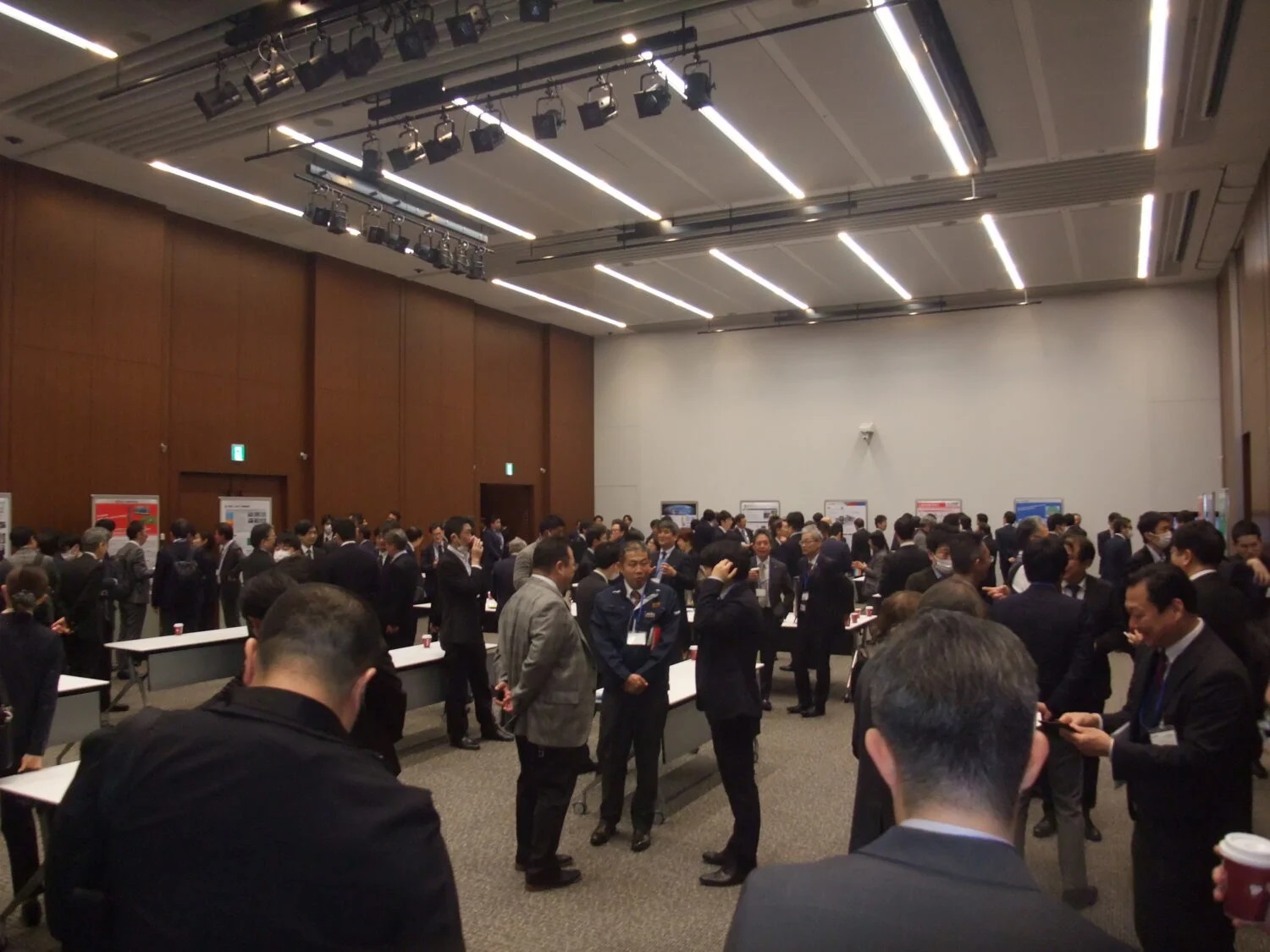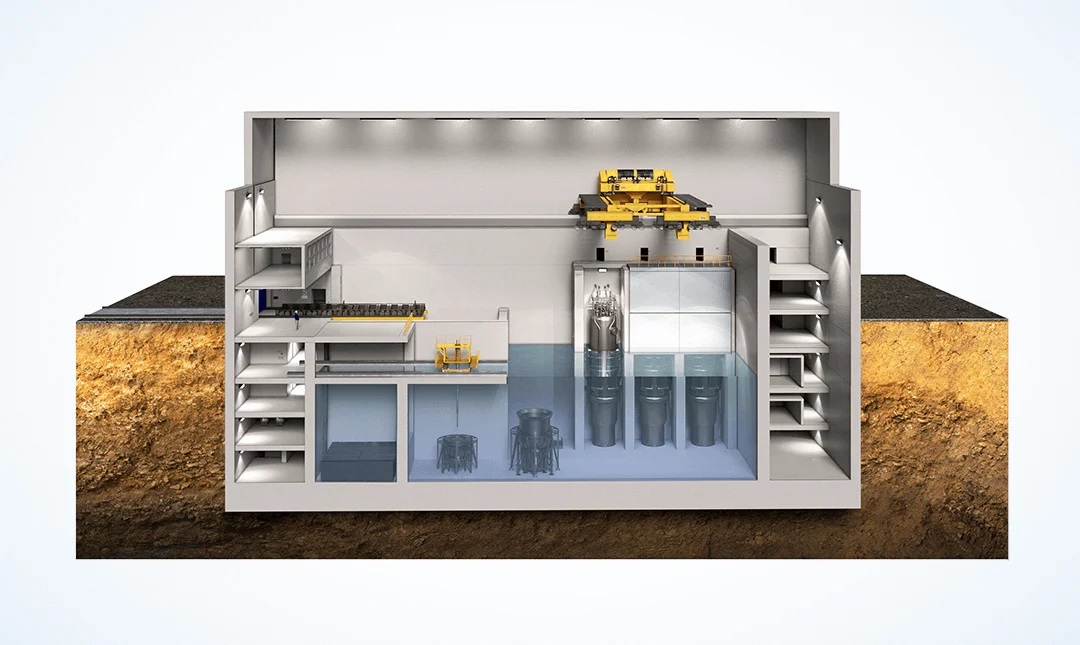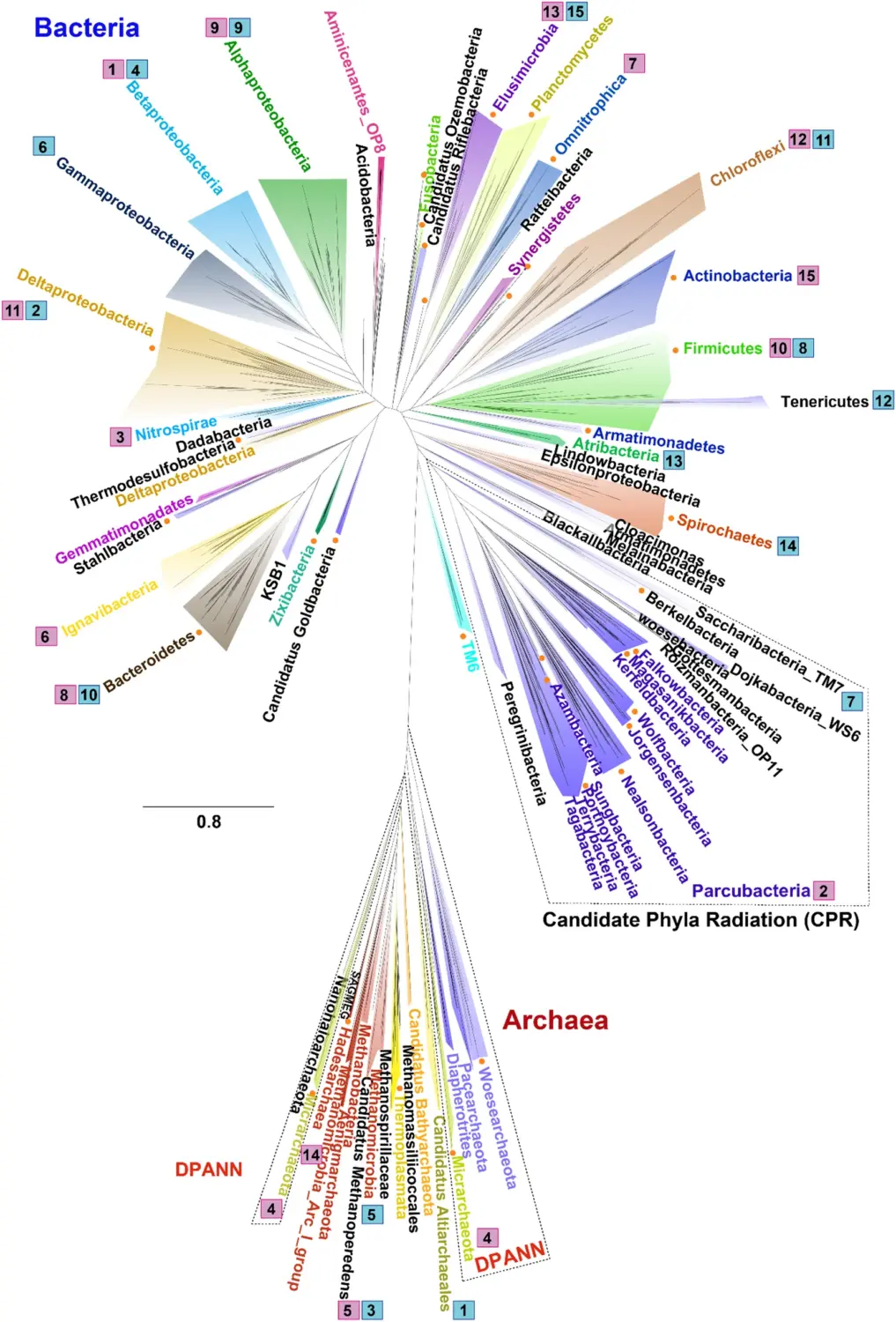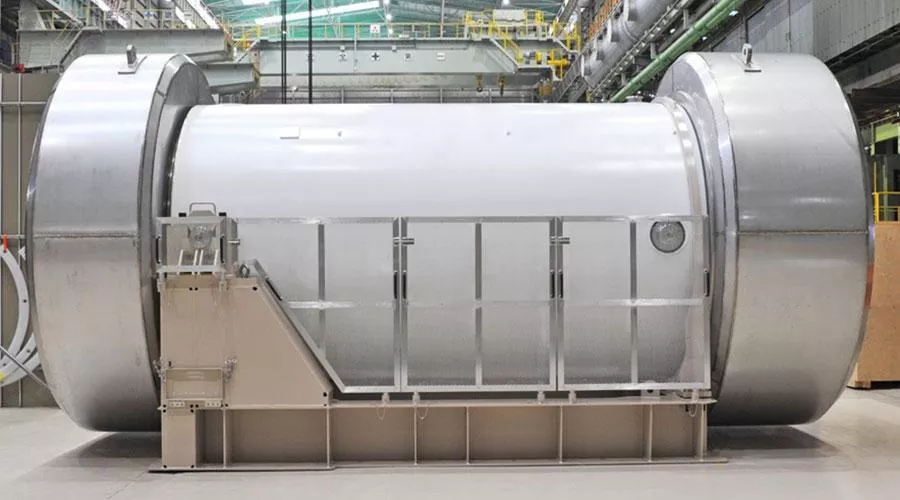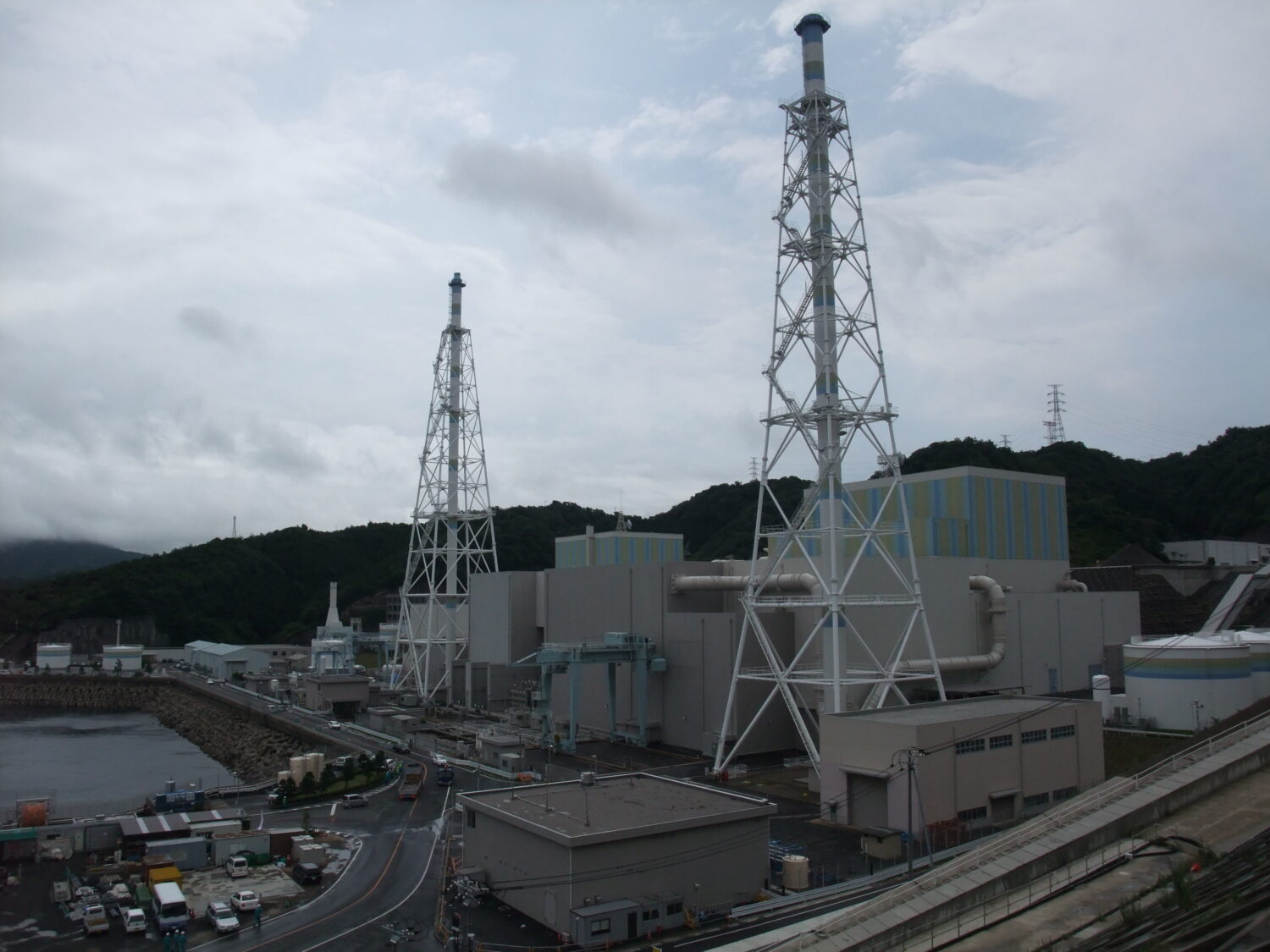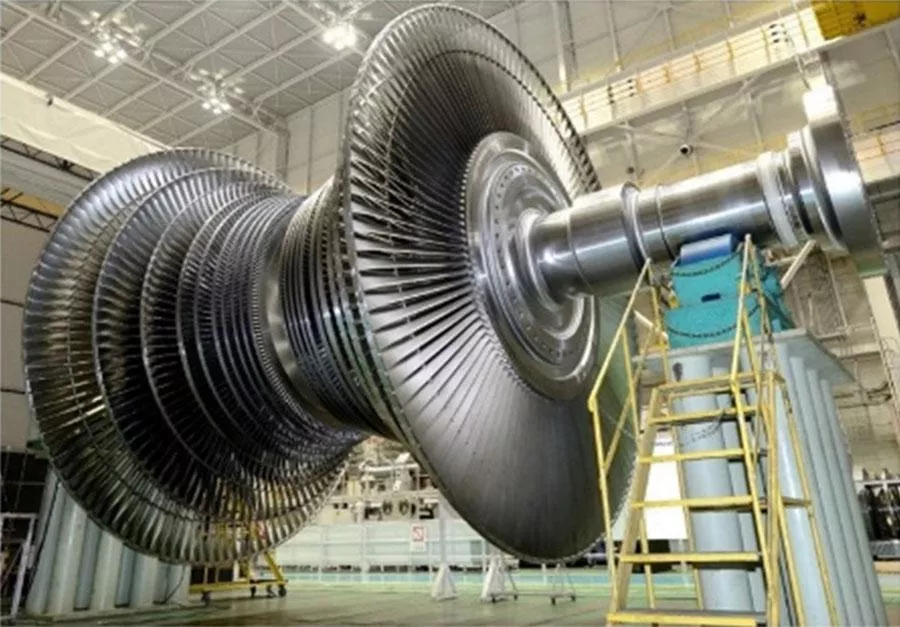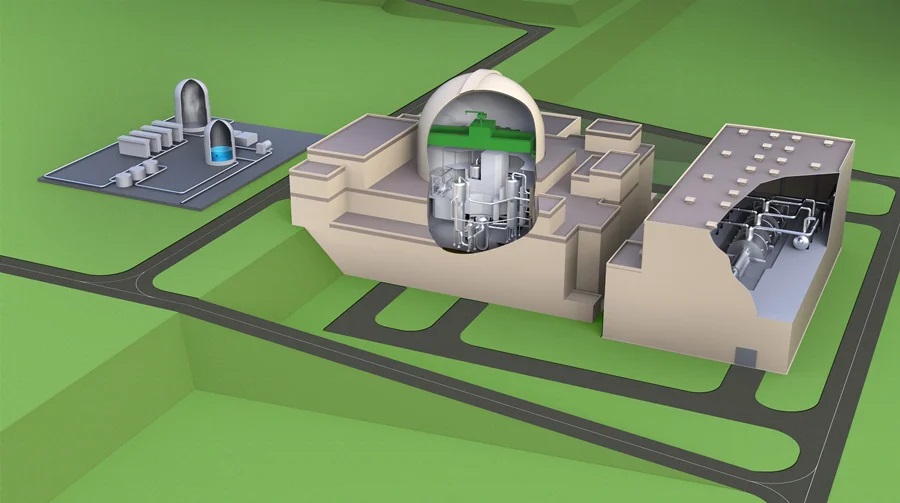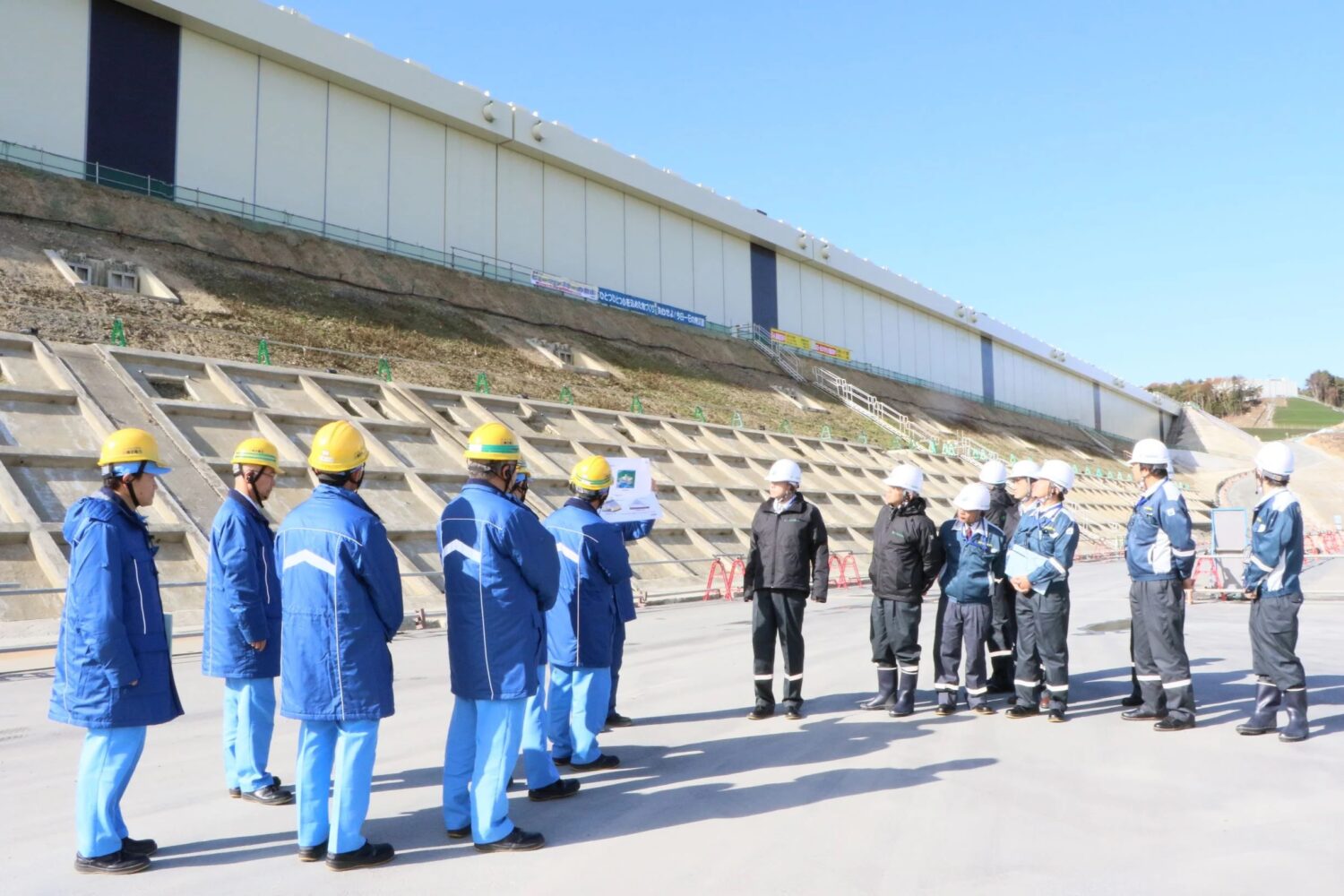Each company will contribute its resources and expertise with the aim of stabilizing the BWR business. The four will now narrow down the specific contents of their joint effort, keeping simultaneously in mind the need for the maintenance, management and decommissioning of existing nuclear power plants (NPPs).
As the purposes of their basic agreement, the four firms cited enhancing BWR safety and economic efficiency, along with the maintenance and development of related human resources, technology and supply chains. Their intention appears to be first to strengthen cooperation in the maintenance and management of existing NPPs. By making use of those reactors currently slated to be restarted (including Kashiwazaki Kariwa-6 and -7), they hope to secure human resources and technology for the future.
TEPCO is particularly short-handed now that it has committed to the decommissioning of all four units at its Fukushima Daini NPPs, in addition to those at Fukushima Daiichi NPPs. Meanwhile, Chubu Electric power has experience decommissioning its Hamaoka-1 and -2 NPPs, and will be able to make additional use of those workers, their knowledge and experience.
Eventually, based on their new collaboration, the four firms seem to be eyeing the formation of a business consortium for the TEPCO’s Higashidori NPP (ABWR, 1385MWe), which the Revised Comprehensive Special Business Plan has indicated could be created around FY20 (beginning in April of next year).
Through the consortium, TEPCO would benefit from the capital of the other companies, and could control costs in the design and purchase of equipment and facilities via the new “partnership” relationship with Hitachi and Toshiba, instead of the usual system of ordering, and so forth, while the other three companies would gain valuable experience toward building new NPPs.
In addition to whatever emerges at Higashidori, it has also been rumored that a joint maintenance and management company might be created by the four companies. But the two manufacturers in the group—Hitachi and Toshiba—are reluctant to undertake that venture from the viewpoint of risk management.
Additionally, any transfer of responsibility as the main operating body from TEPCO to another entity would require procedures and approval by the Nuclear Regulation Authority (NRA) under the Law for the Regulation of Nuclear Source Material, Nuclear Fuel Material and Reactors (the so-called Reactor Regulation Law).
Other companies are also facing difficult issues in their BWR businesses, and the movement toward a four-company consortium in this case would undoubtedly affect the entire BWR segment of the industry.


-1.png)


